As both a writer and director, Paul Schrader has long had one of the most distinctive voices in Hollywood. While he may be best remembered as the scribe behind some of Martin Scorsese’s biggest movies, he’s also been behind the camera for many of his own scripts in the 40-plus years since his big break with Taxi Driver; and while his efforts have occasionally been uneven (looking at you, Cat People), it’s hard to argue that they’ve ever been anything less than interesting. His latest, First Reformed, is certain to be a polarizing case in point.
For fans of early Schrader, First Reformed constitutes a dramatic return to form for a writer who hasn’t penned anything in the last decade outside of an obscure Nicholas Cage vehicle and hasn’t written anything of note since the turn of the century. So it should come as a relief to those in Schrader’s corner that he’s revisiting the themes that made him bankable in the first place — religion and spirituality, isolation and suicidal ideation — in what may amount to his most psychologically direct work to date. It’s not as visceral in its religiosity as The Last Temptation of Christ or as soul-crushingly intimate as Raging Bull, but the voice is still classic Schrader even if the maturity and candor have deepened with age.
In many ways, First Reformed is a spiritual sequel to Schrader’s Taxi Driver script, revisiting not only the paranoiac ostracization explored in its predecessor, but also mimicking some of that film’s stylistic cues. As the Rev. Ernst Toller, Ethan Hawke is allowed to dip into the same font of loneliness and despair that engulfed Robert DeNiro’s Travis Bickle, right down to the obsessive journaling, military background and furtive substance abuse. Rev. Toller also share’s Bickle’s inability to connect and the same drive to strive for something greater than himself — he’s a man of God who can no longer pray, a soldier who could no longer fight and a preacher whose flock has left him for the slick megachurch across the street.
So what can a burgeoning nihilist like Toller get behind? As it turns out, it doesn’t matter all that much. Like most Schrader protagonists, he’s descended so far past the end of his rope that he’s beyond caring, even if he hasn’t quite reached those Nietzschean levels beyond good and evil. He’s stirred from his complacency by a pregnant parishioner whose husband has become morbidly fixated on climate change to such an extent that he would rather to abort their gestating child than bring it into a world that he feels certain is doomed. To say much more about the plot would be to do the film a disservice, but it should suffice to say that things get progressively crazier as Schrader reaches his third act.
And by crazy, I mean absolutely bonkers. One scene in particular veers into Kubrick by way of Ken Russell, and while Schrader lacks the visual acumen of either, he matches the audacity of both. What starts as a slow-burn psychological thriller descends into the depths of the human soul and comes up with more questions than answers, leaving the audience to either rail in frustration or applaud the unvarnished ballsiness of one of the American cinema’s unparalleled voices. Either response is appropriate. Rated R for some disturbing violent images.
Now Playing at Carolina Cinemark, Fine Arts Theatre.

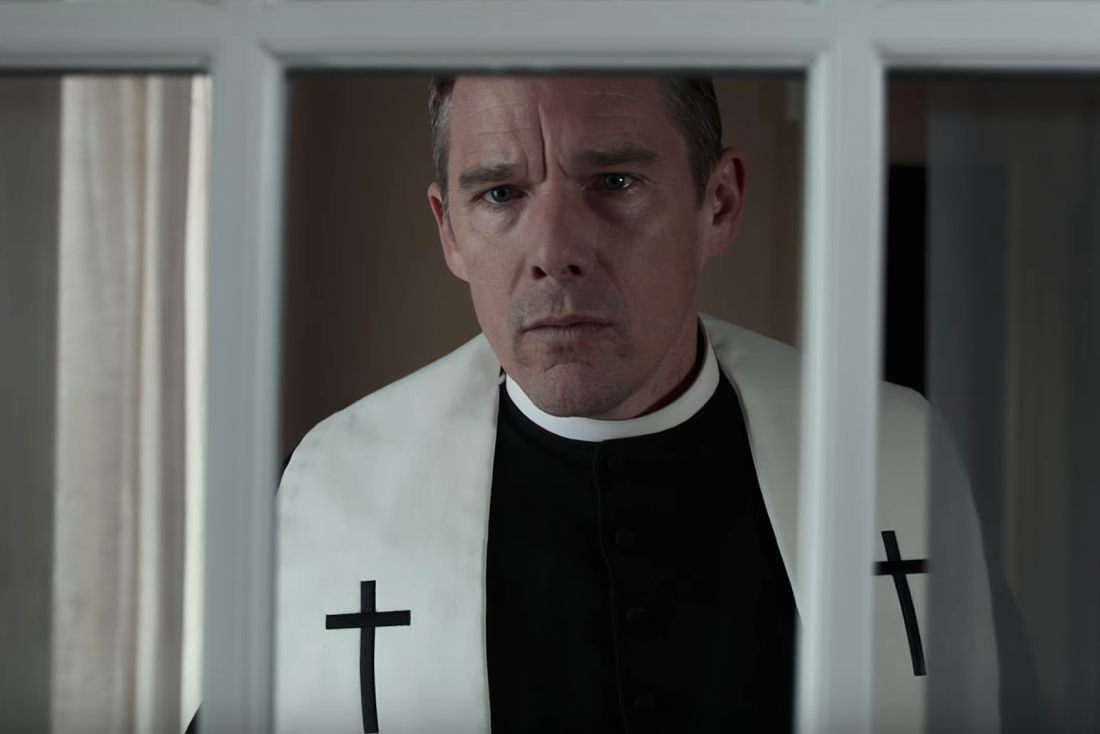
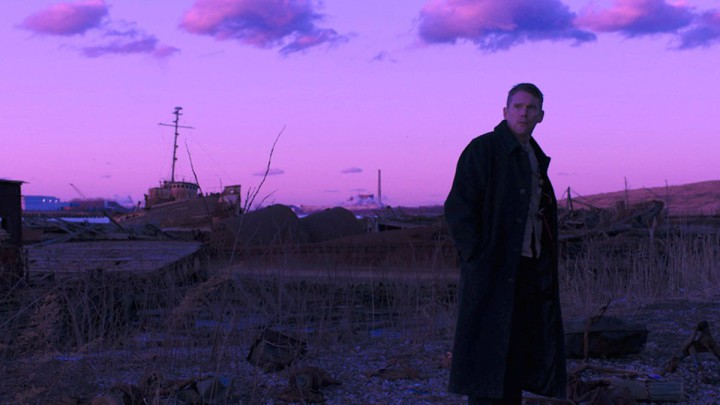
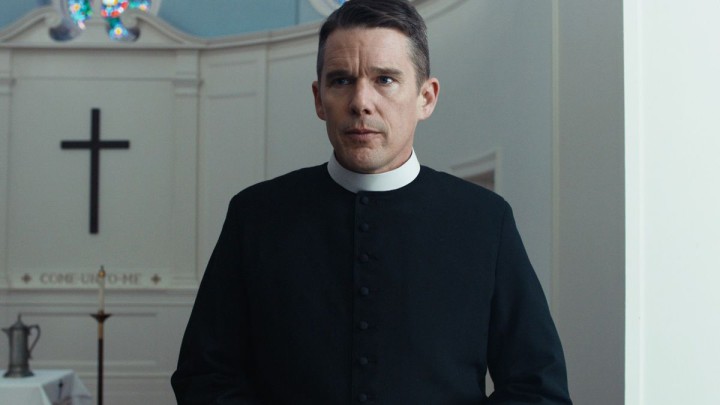

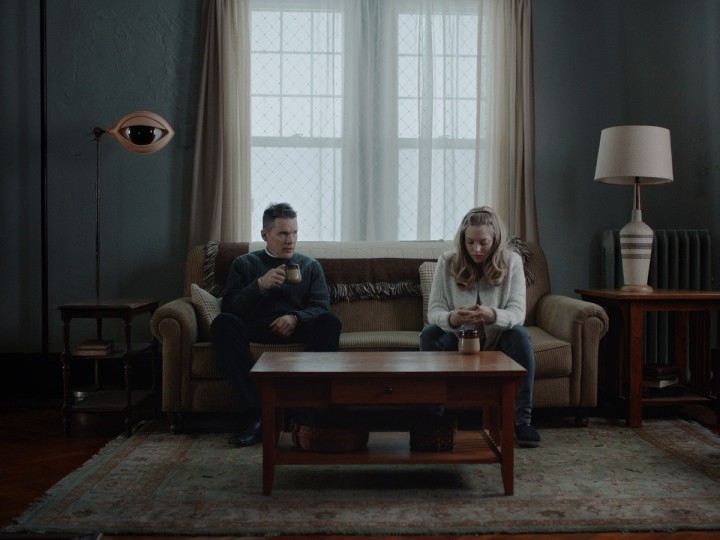
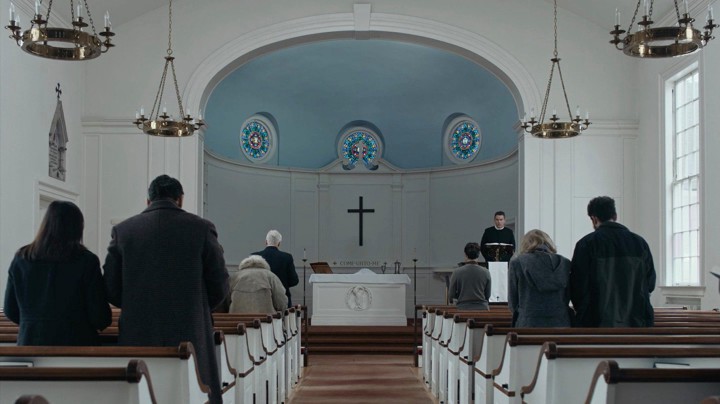
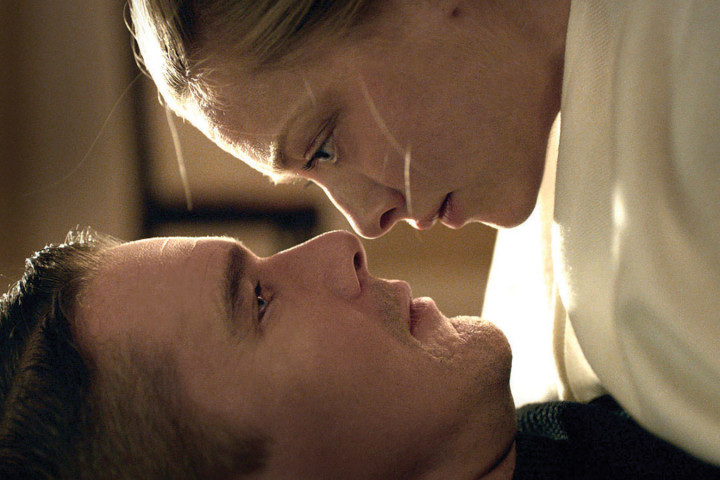

Before you comment
The comments section is here to provide a platform for civil dialogue on the issues we face together as a local community. Xpress is committed to offering this platform for all voices, but when the tone of the discussion gets nasty or strays off topic, we believe many people choose not to participate. Xpress editors are determined to moderate comments to ensure a constructive interchange is maintained. All comments judged not to be in keeping with the spirit of civil discourse will be removed and repeat violators will be banned. See here for our terms of service. Thank you for being part of this effort to promote respectful discussion.